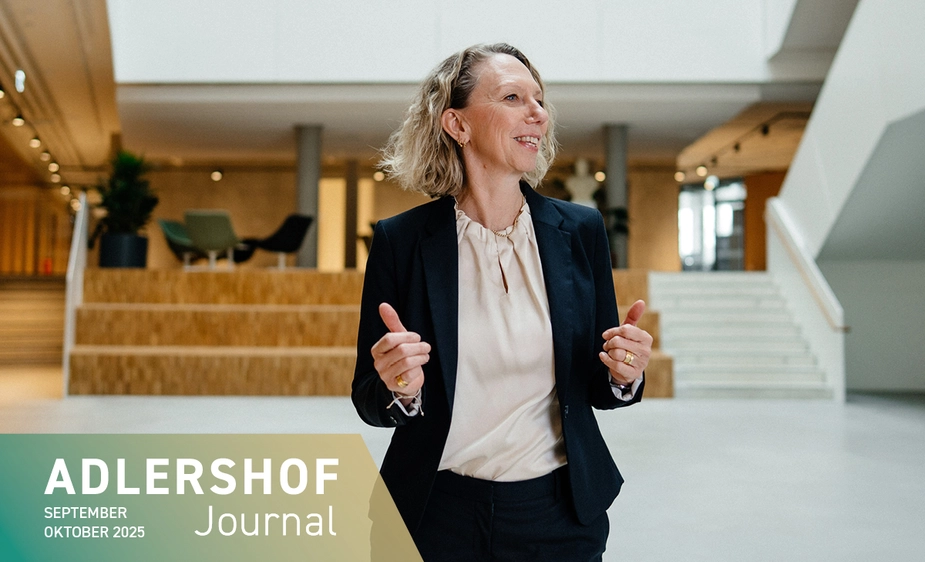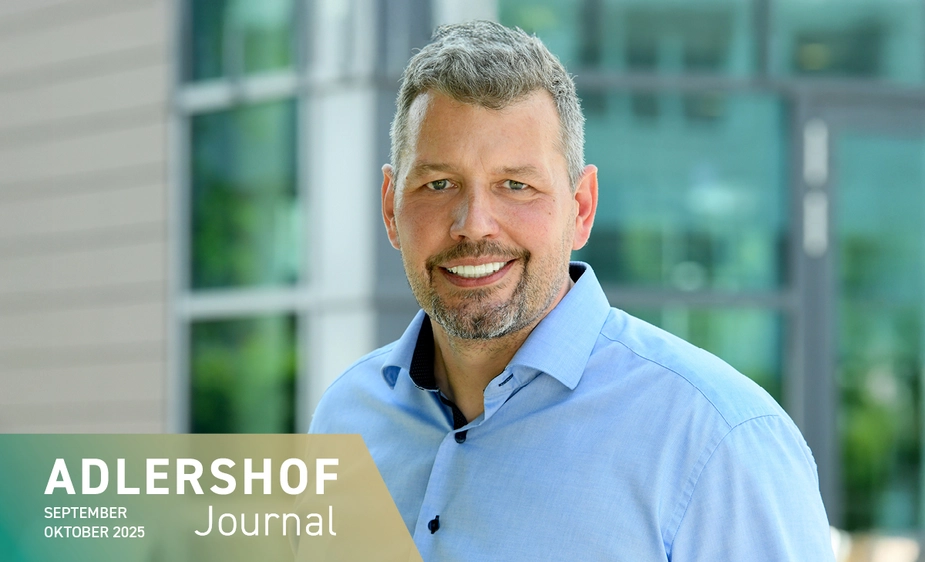Turning Impairments into Enrichments
How a research project aims to attract more employees with disabilities to the technology park
Specialist staff are crucial when it comes to helping companies to progress. Although the potential offered by people with disabilities has long been overlooked, things are slowly changing…
In some companies, people who are deaf or autistic, for example, have long been part of the team and are a real asset to everyone involved. They can find fulfilment in their working lives, companies can accomplish their tasks with capable employees, and teams become more diverse and vibrant.
However, in many cases, the proportion of people with disabilities remains low, and the potential for both sides is not being exploited fully. There are multiple reasons behind this, ranging from concerns about performance levels to individual reservations. The question of what needs to be done to attract more employees with disabilities is being investigated by a research project entitled “Implementing and Strengthening Inclusive Working Environments”, conducted by the Technical University of Dortmund and WISTA Management GmbH. This research includes surveys of technology companies located in Adlershof. “The application process is a key factor,” notes Bessie Fischer-Bohn, Head of HR at WISTA, commenting on the initial findings of the report.
On the one hand, there’s the way in which job advertisements are worded. “When they mention ‘many tasks and responsibilities’, some people may instantly feel overwhelmed,” says Fischer-Bohn. It would be better to present the role more realistically. Even the sentence ‘disabled people are also encouraged to apply’ is ultimately nothing more than an empty phrase. “If you want skilled workers, you have to make it clear what you have to offer,” she continues. The following is a good example: “Should you have any special requirements regarding the layout of your workplace, we are happy to accommodate them.”
On the other hand, a position can also be tailored to individual aspects, a process known as ‘job carving’. “For example, this could mean combining simple and routine tasks in a new position that is particularly suitable for people with learning difficulties.”
The study team has summarised these and other suggestions in their “Guide to Creating an Inclusive Job Advertisement”, which can be downloaded in German.
However, Fischer-Bohn emphasises that suitable structures alone are not enough. “The decisive factor is how a company and its team deal with disabilities.” Whether those affected feel stigmatised or insecure, or whether they are recognised and valued as vital members of the workforce, “it is not enough to simply write about participation on the website; it has to be a reality”.
The pharmaceutical company Berlin-Chemie shows how this can work effectively. It has had a sheltered workshop for people with disabilities since 1978, known as the social enterprise department. These employees are on hand when there are problems with packaging, such as when folded boxes are damaged by machines. “The medicines are already blister-packed, so we weigh them and repackage them, then add the instructions for use where necessary,” says head of department Sebastian Jastram.
Twenty-seven colleagues with disabilities are currently employed, and further recruitment is already underway. They are supported by four trained social workers, plus a three-person management team. “We are not a workshop, but part of the primary labour market,” emphasises Jastram. “Our employees receive standard wages, including holiday pay and Christmas bonuses.”
When the workload is high, everyone pitches in and the schedules are adjusted to tackle the most urgent tasks first. “We have to try and avoid stress and pressure,” he continues. A production job with loud machines and tight schedules would overwhelm his team. That’s why they work in separate rooms, with extra breaks, for a maximum of six hours per day.
Nevertheless, the additional effort is worthwhile for the company. “On the one hand, there are the medicines which we prepare for delivery, but there are also other tasks such as scanning documents in order to reduce the workload for employees in other departments,” explains Jastram.
The social enterprise department is an integral part of Berlin-Chemie. Trainees in mechatronics or laboratory work routinely pass through the area and get to know the team. “There are no fears or barriers in people’s minds here.” Employees are just as much a part of the team as everyone else, whether at company parties or in the canteen.
This is why Jastram is all the more surprised that such departments are still so rare and he encourages companies to consider setting up their own. Thinking seriously about it is the most important step. “There are tasks in every company which people with disabilities can perform.” It certainly pays off for everyone in the end.
Ralf Nestler for Adlershof Journal

